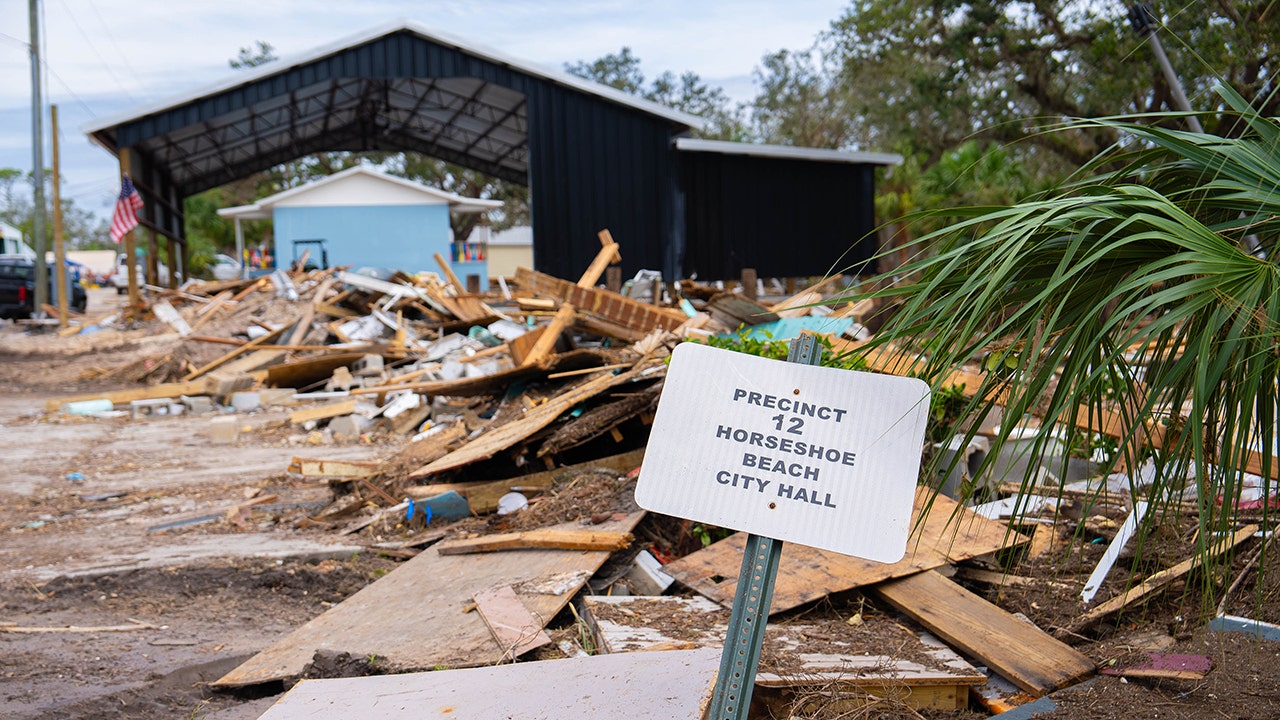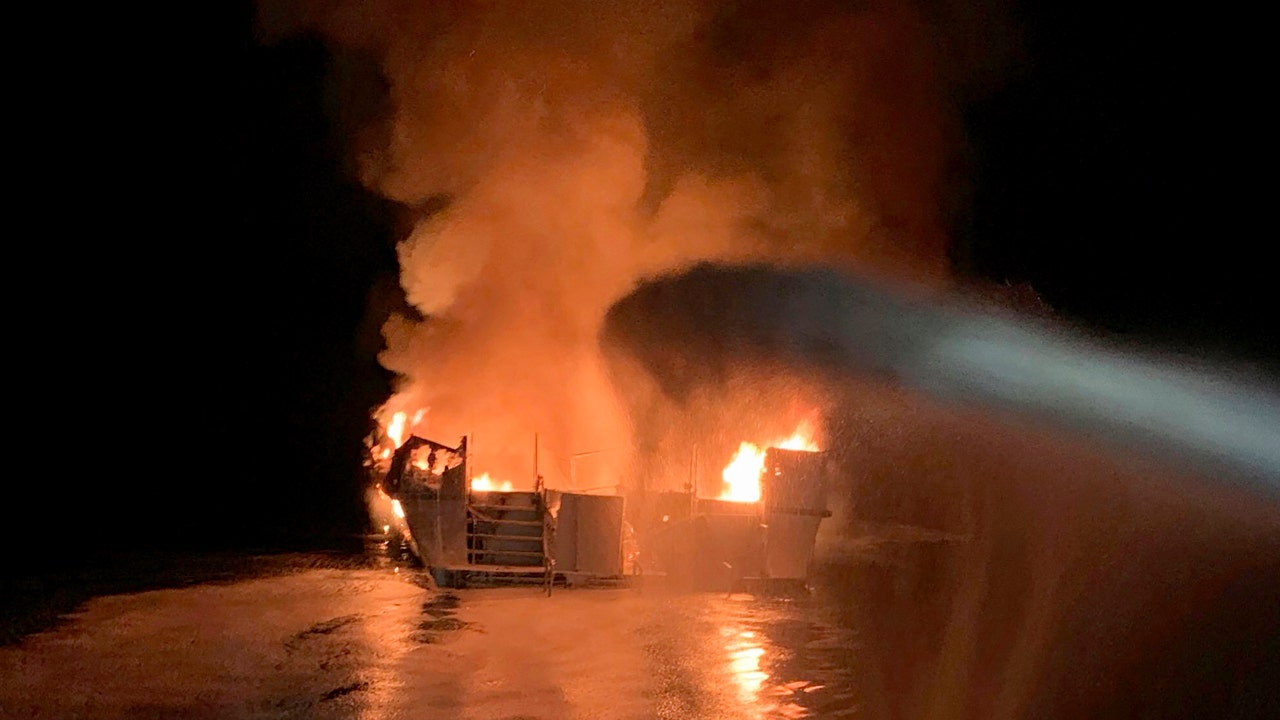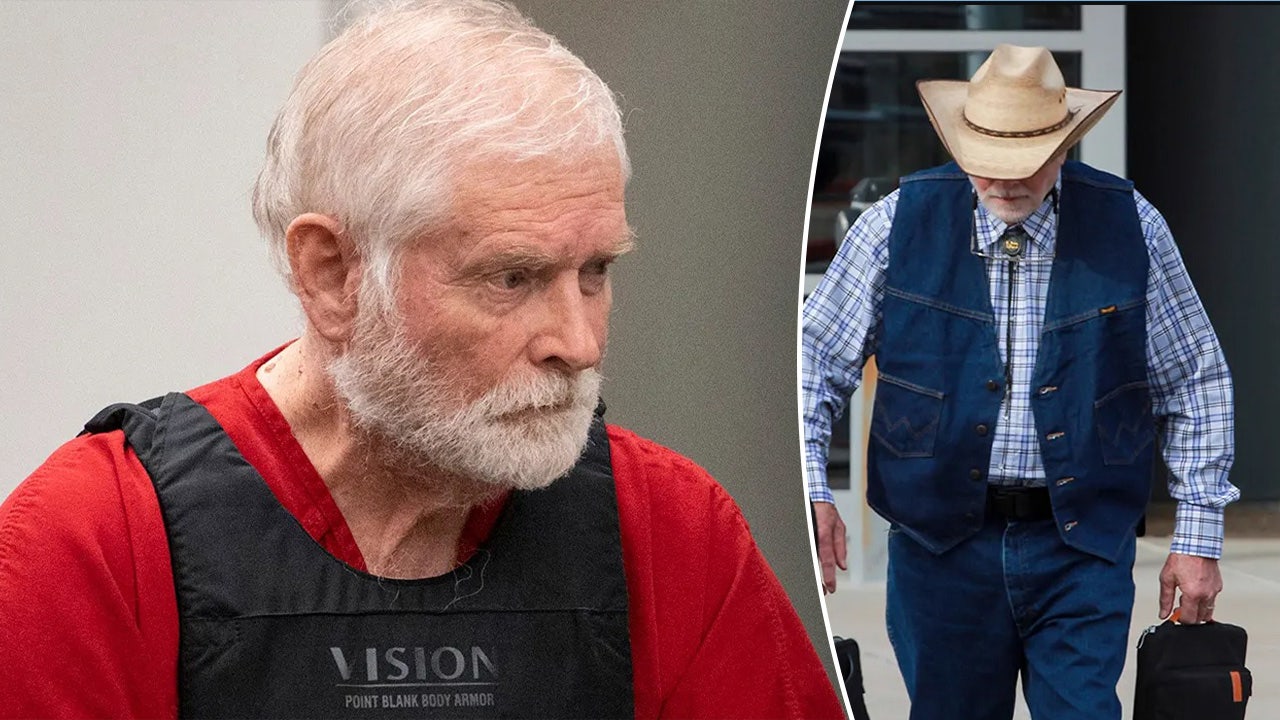The Occupational Safety and Health Act has a “general duty clause” requiring employers to provide safe workplaces, but it lacks specificity on what to do in extreme heat. The Occupational Safety and Health Administration may issue a proposed rule on workplace heat relatively soon that would be likely to require, among other things, rest breaks, drinking water and cooling measures, as well as medical treatment and emergency response procedures. But once issued, there will be a comment and review period, followed by inevitable challenges from business groups arguing that the rule is too burdensome.
The Supreme Court majority’s tendency to rule against workers and overturn workplace regulation is likely to embolden these groups to appeal any decisions not in their favor, causing even more delays and perhaps thwarting the rule altogether. So it’s unlikely that any federal heat standard would take effect for the next few summers, and perhaps even longer.
There are still ways to protect workers from the heat. States could pass and enforce laws requiring employers to take simple measures to keep workers safe during deadly heat waves. Five states — Washington, Minnesota, California, Oregon and Colorado — have already passed such measures, establishing important legal and ethical norms for employers. Additional states — New York, New Jersey and Massachusetts — are considering heat protection legislation. More states should follow suit; if Minnesota thinks it’s necessary to protect its workers from heat, steamier states like Georgia and Arizona should, too.
Most states’ legislative sessions are over, limiting the possibilities for this summer, but lawmakers can prepare now and address this issue as a first order of business next year. A quicker option involves passing emergency temporary regulations through state agencies like safety and health boards. Some state and local laws may become obsolete when and if an OSHA heat rule eventually takes effect, but in the meantime they will save lives.
Cities and other local governments can act, too, passing their own workplace heat protections. Phoenix recently enacted a local heat ordinance for city contractors’ outdoor employees. Unfortunately, this option is not available in certain states, most notably Texas and Florida. After Austin, Dallas and San Antonio passed modest heat ordinances in 2023 requiring employers to give outdoor construction workers regular water breaks, Gov. Greg Abbott supported and signed a barbaric law prohibiting local action on a wide range of matters, including workplace heat. Gov. Ron DeSantis followed suit this year in Florida. (A state court ruled the Texas pre-emption law unconstitutional last year, but it’s in effect while an appeal is pending.)






